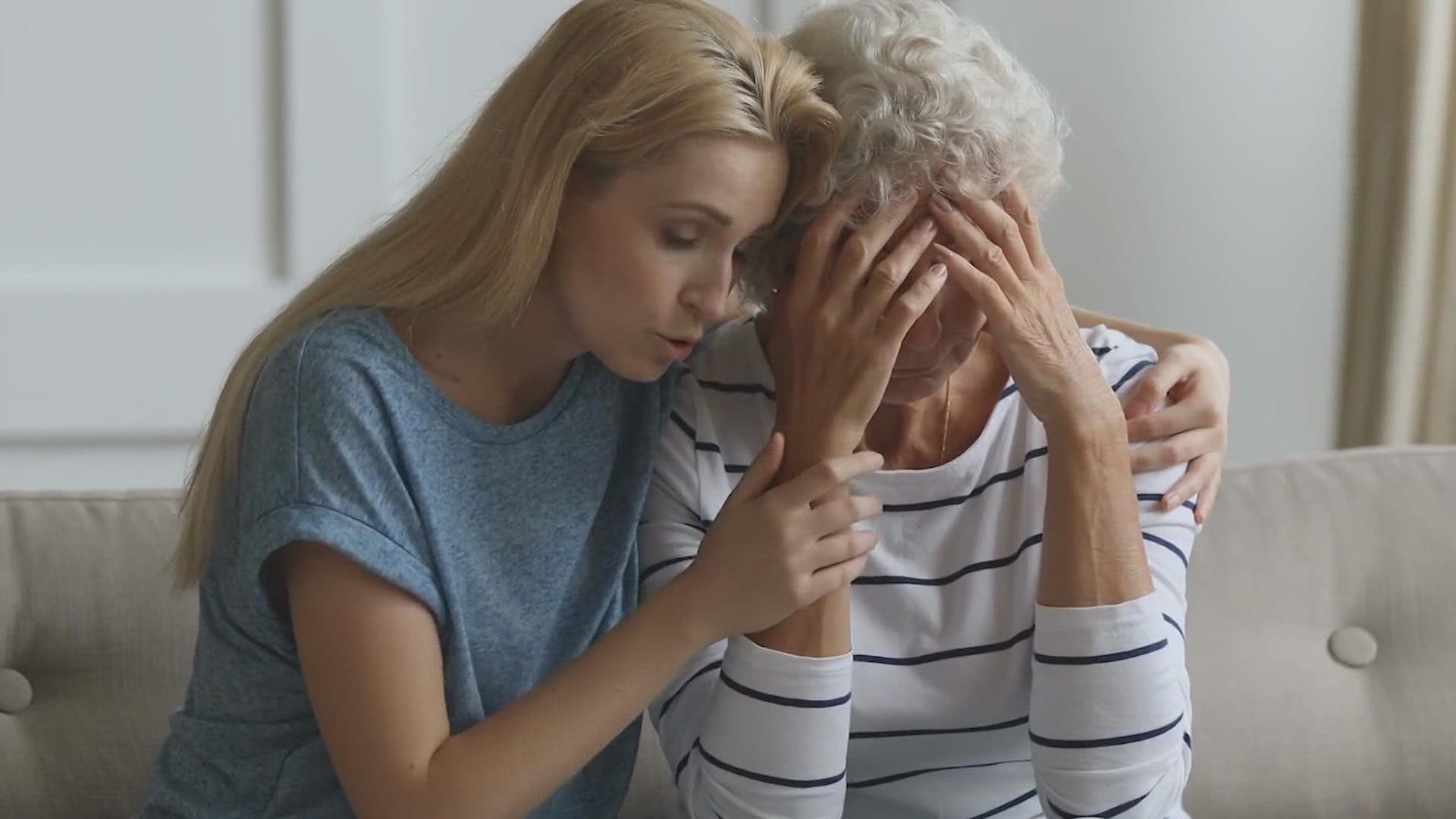SAN ANTONIO — The Uvalde shooting has brought grieving into the forefront for many, from the families affected to members of the community
The grieving process is a normal human response to a loss of life. It is emotional and often comes in waves. Those who are grieving often just try to get through each day, one at a time.
"It's all a part of loving somebody. When you lose them or are worried about losing them, then then it pulls at you and it weighs on you and it disrupts your entire life," said Dr. Jason Morrow who is a palliative care and clinical ethics specialist at University Health and UT Health San Antonio, as well as the Center for Medical Humanities & Ethics.
He says you can experience grief whether the loss is personal, or in your community. Dr. Morrow told us, "When it's the loss that's personal, we really need to be mindful of giving space to let people process on their own terms. Those opening weeks and months or so personal that the best we can do is to help ensure that others know that they are not alone."
Five stages of grief are often used as the most common: Denial and isolation, anger, bargaining, depression and eventually acceptance. Dr. Morrow says the best thing you can do, is just be there if that person needs you. He said, "The best we can do for those people suffering personal and intense loss is to just be available and remind them that we remain available."
When it comes to children, most often they'll come to you when they're ready. Dr. Morrow added, "Taking time to sit down and to listen, to ask open ended questions like...What worries you? What questions do you have? How are you feeling? becomes an invitation for them to share what they're feeling."
Dr. Morrow also says a good way to talk to your child is to turn off the TV and do some type of activity. That could make it easier for you to ask the questions, and easier for them to open up.
If you would like to see more of our Wear The Gown stories just head to WearTheGown.com.

